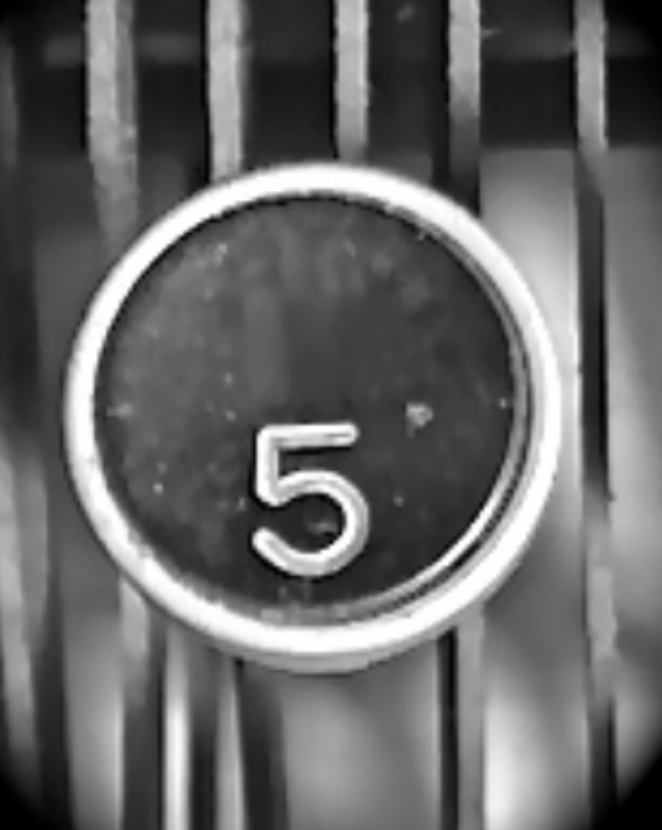5 HOT BOOKS: Why Are Americans So Angry?, Heroines, and More
/1. Wildland: The Making of America’s Fury by Evan Osnos (Farrar, Straus & Giroux)
In the tradition of Inside U.S.A., John Gunther’s 1947 classic portrait of America, Osnos brings his own intimate and panoramic perspective to the nation. After years reporting from abroad, including China, as a correspondent for The New Yorker, he returned home to find a nation of deep fissures that he exposes through places he has lived: Clarksburg, West Virginia; Chicago; and Greenwich, Connecticut, where so many hedge fund managers had been charged with fraud that Osnos’ former street, Round Hill Road, was known as “Rogues Hill Road.” In his vivid narrative, enriched by very human stories, Osnos captures the history of the erosion of a national sense of common good from 9/11 to the Jan. 6 insurrection at the Capitol.
2. The Heroine with 1,001 Faces by Maria Tatar (Liveright/Norton)
Capacious and contemporary, Tatar’s new book considers Joseph Campbell’s The Hero with a Thousand Faces with her distinctive gaze and hits the reset button on the 1949 classic. A professor of folklore and mythology, she has redefined the hero’s journey, recasting it as the heroine’s mission. Tatar’s relentless curiosity and dazzling imagination lead her from Greek mythology to television, from Cassandra to Carrie Bradshaw. “Silenced women are not without tools, and Philomela reminds us that so-called women’s work – weaving, sewing, and working with coverings – provides an opportunity not just to create but also to communicate,” she writes. “Tapestries, textiles, and embroidery: all can tell stories.”
3. The Family Roe: An American Story by Joshua Prager (W. W. Norton)
“Roe,” as in Roe v. Wade, has become shorthand for the Supreme Court’s 1973 decision to protect the legal right to obtain abortion. Plaintiff “Jane Roe” has been flattened and made invisible, but journalist Prager has engaged in a reconnaissance mission to recover the woman behind the pseudonym. In his timely, deeply researched book, Prager introduces Norma McCorvey who died in 2017 transformed by lawyers into what seemed like the perfect plaintiff, though in reality she was full of intriguing contradictions. He investigates McCorvey’s series of unwanted pregnancies and locates the daughter whose conception led to the Supreme Court. Prager extends his rich and vibrant narrative of the lawsuit that reshaped American politics beyond legalities to include abortion providers as well as anti-abortion activists, an array scrupulously detailed and vividly rendered.
4. Brothers on Three: A True Story of Family, Resistance, and Hope on a Reservation in Montana by Abe Streep (Celadon)
Big Sky Country may be associated with rodeos and mountain climbing, but in his enthralling chronicle, journalist Streep captures the drama of the Arlee Warriors, a high school basketball team on its quest for the championship of the 2017-18 season. Most players are tied to the Salish and Kootenai tribes of the Flathead Indian Reservation, and Streep extends the action beyond the court, focusing on the challenges facing these students so they can aim for college while providing support for one another during a “suicide cluster.” Through the stories of these players, Streep brings a revelatory perspective to the traumas, discrimination, and personal hardships these boys endure as they come together, cheered by the fans who cross the state to support them.
5. The American Experiment: Dialogues on a Dream by David M. Rubenstein (Simon & Schuster)
At a moment when news seems to be a relentless source of anxiety, Rubenstein’s essays and interviews in this collection deliver jolts of optimism, focusing on what he deems the essential “Thirteen Key Genes” – the genetic coding of society – that make the American Experiment work. Organized in chapters such as “Suffering and Sorrow,” featuring interviews with Philip J. Deloria on Native American history and Drew Gilpin Faust on death and the Civil War, “Invention and Ingenuity” with Walter Isaacson on American innovation, and “Becoming and Belonging” with Jia Lynn Yang on the history of immigration and Justice Sonia Sotomayor on civics and civic education, Rubenstein’s book offers valuable, clarifying moments of inspiration.










